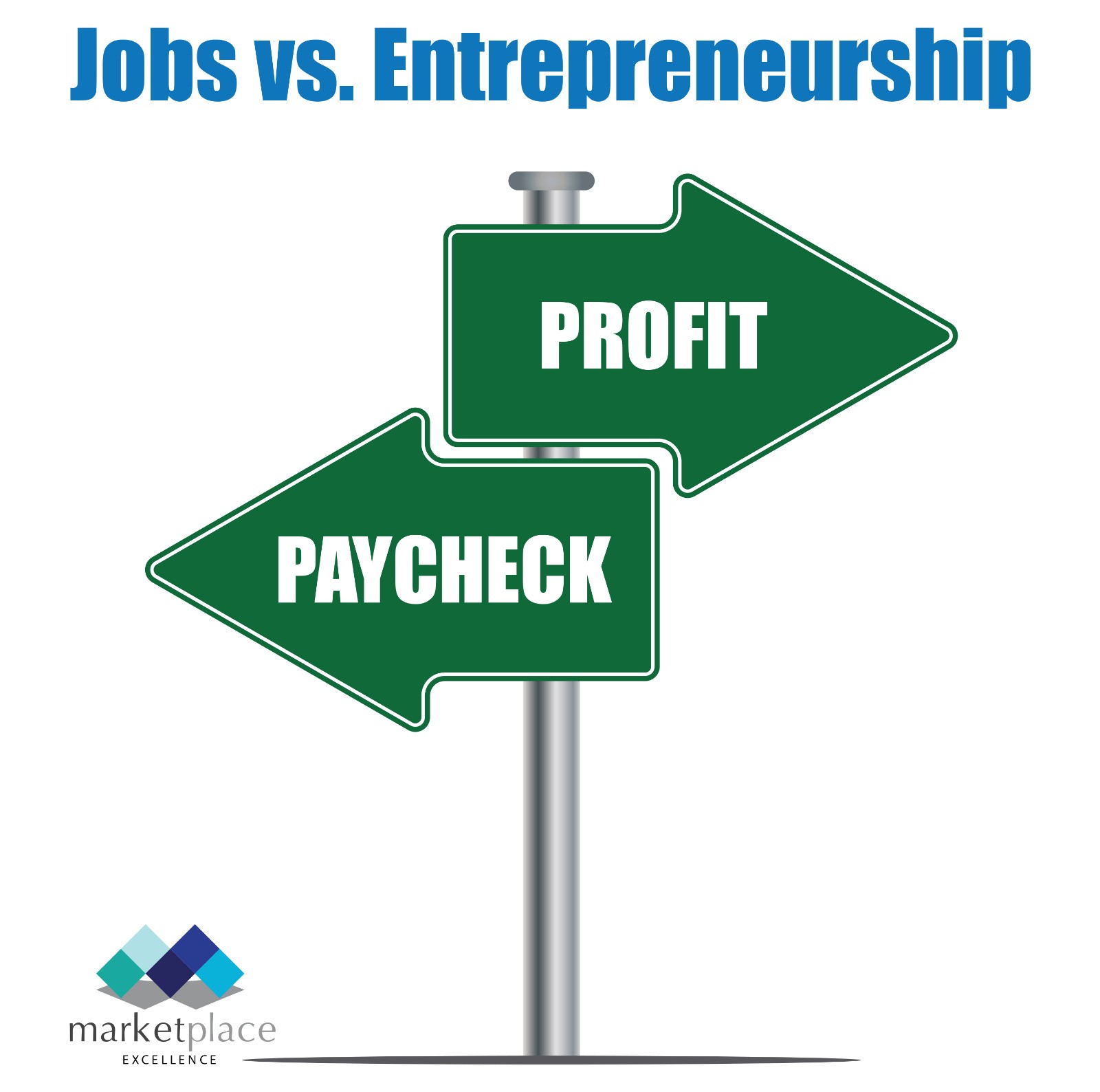“For as he thinketh in his heart, so is he. If you believe that you will build a thriving business in your heart, you will.” – Proverbs 23:7
Nearly five decades ago, I chose to resign from my traditional job at the University of the West Indies. I first ventured into Caribbean entrepreneurship through a corporate entity before selling it 23 years later. That company still operates today.
Since then, I practiced as an individual entrepreneur for 24 years, which has taken me well into formal retirement. Yet, I hardly consider myself tired—I am healthy, active and fully engaged in what feels like the final quarter of my life.
For over three decades, I have been writing about entrepreneurship. I have researched it, advocated for it, dissected its challenges, and offered solutions like Shepherding and Equity Growth Funds. I have championed entrepreneurship as a tool for economic stability.
It fills me with pride to see my son Bevan independently follow in my footsteps over the last three decades. He began as an individual entrepreneur, later developing two complementary entrepreneurial corporate ventures that are thriving today. His success is testimony to the wisdom of Proverbs 23:7—“For as he thinketh in his heart, so is he.”
Yet, much of my advocacy has fallen on deaf ears. Traditional employment is firmly ingrained in our education systems and social structures. Its predictable paycheck, benefits, and clear career trajectory reinforce its appeal. But I ask again, as we watch waves of government layoffs and the shifting sands of work-from-home culture in the United States and beyond—Is entrepreneurship more secure than a traditional job?
Many people are conditioned to believe a stable job is the safest path in life. A job in government, teaching, banking, law, healthcare, or technology is often seen as a gateway to financial security. However, these careers are vulnerable. Economic downturns, corporate restructuring, and government layoffs can upend careers overnight, leaving employees scrambling.
Entrepreneurship, by contrast, offers something traditional jobs cannot—control over your destiny. It frees you from dependence on a single employer and, when done right, creates multiple revenue streams. A successful entrepreneurial endeavor can provide stability and longevity beyond what any single job can guarantee. In today’s economy, where job security is increasingly uncertain, entrepreneurship is proving to be a viable alternative and, in many cases, a more resilient choice.
That’s not to say the entrepreneurial journey is easy. Risks abound—income can fluctuate, and businesses can fail. But these risks are not insurmountable. The key to success lies in Shepherding—combining life coaching and business mentoring—alongside a homegrown Equity Growth Fund, which can mobilize national private sector savings with an appropriate government policy incentive.
I believe these three components—entrepreneurship, shepherding and an equity fund—are inseparable. Together, they are essential for developing dormant ideas into viable enterprises. When guided by a mentor who has walked the path before and supported by equity funding, it significantly reduces the likelihood of failure and accelerates business growth.
For years, I have advocated this trio as a recipe for economic resilience. Yet, despite clear evidence, many still hesitate to embrace it. Now, as the traditional job market becomes increasingly unpredictable, I am hopeful more people will recognize what I have been saying. Entrepreneurship, supported by the right systems, is not just a risk but an opportunity. And in today’s world, it may well be the most secure and rewarding path forward.

(Dr. Basil Springer GCM is a corporate governance adviser. His email address is basilgf@marketplaceexcellence.com. His columns may be found at https://www.nothingbeatsbusiness.com).
